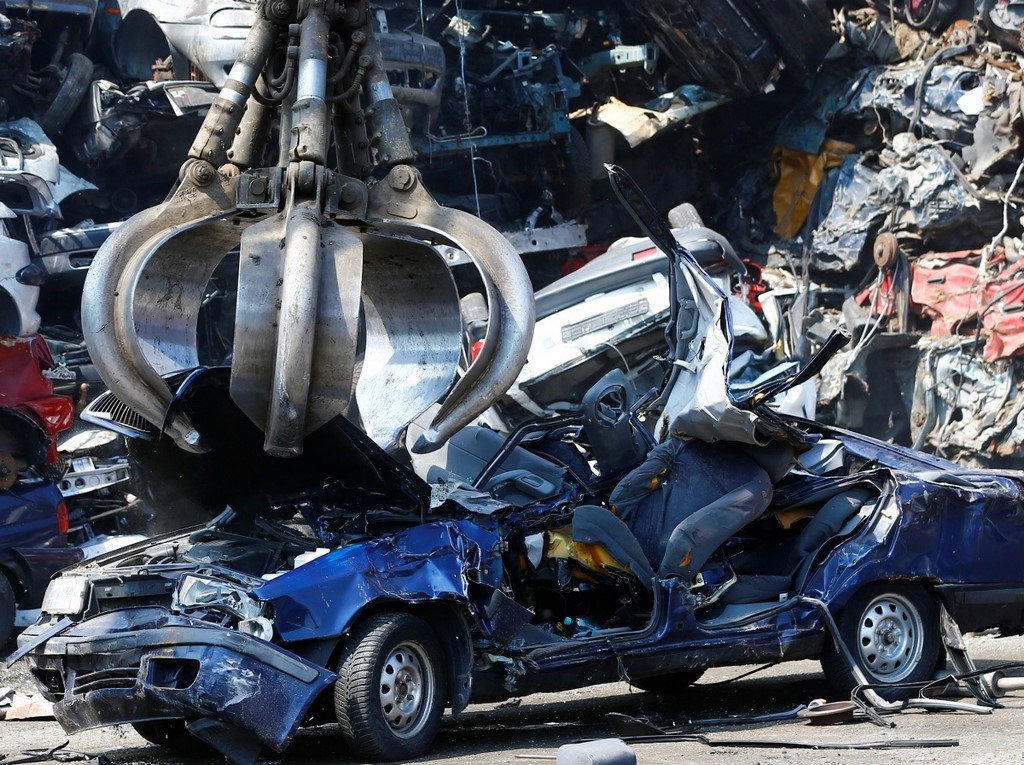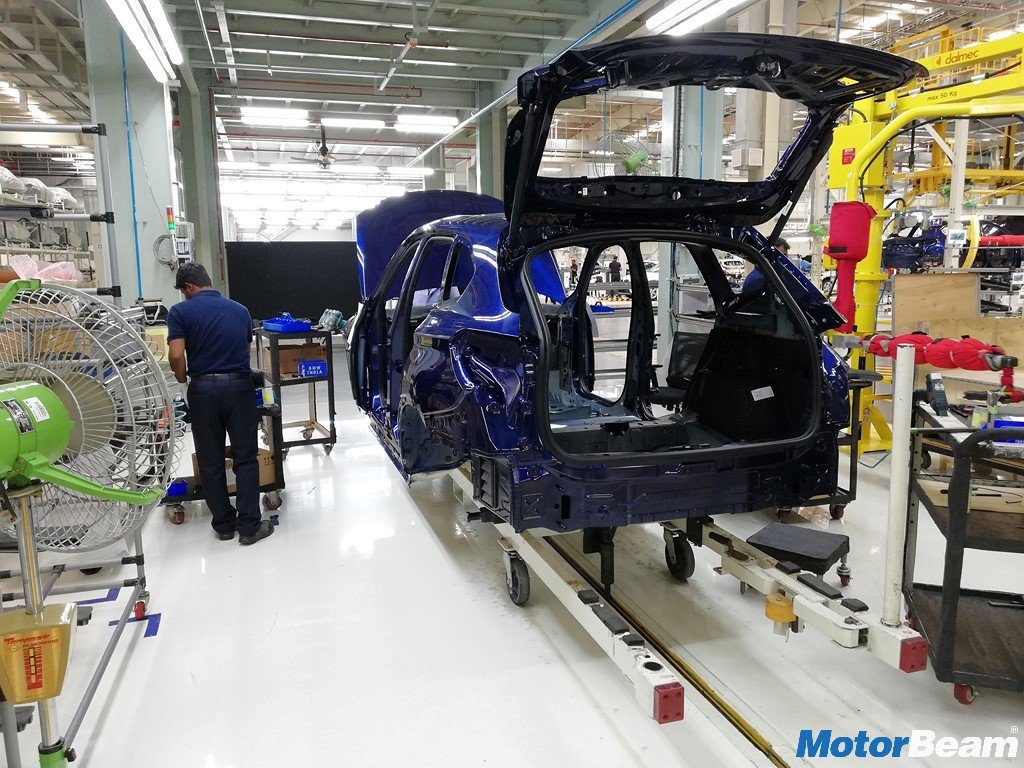
Delhi govt to offer road tax reduction for new cars to encourage vehicle scrapping
In a bid to address the issue of air quality in the national capital, the Delhi government is considering a new approach by offering a substantial road tax reduction for new car buyers who choose to scrap their old vehicles.
The proposed scheme, outlined in a draft scrapping policy awaiting approval from the finance department, suggests a direct discount of Rs. 50,000/- on road tax for those who opt for the scrapping of their old vehicles.
The government claims their primary objective behind this initiative is to combat vehicular emissions, which they believe is a significant contributor to the city’s air pollution. The government hopes that by incentivising the removal of these aging vehicles from the roads, there will be a swifter transition towards adopting cleaner and more modern alternatives.
While the details of the policy are still under discussion, the potential benefits for customers will include road tax reductions of up to Rs. 50,000/- based on the age and type of the scrapped vehicle. Personal car owners with vehicles over 15 years old may qualify for the maximum discount, whereas commercial vehicle owners might receive a lower concession.
It’s noteworthy that existing regulations already prohibit the use of petrol cars that are 15 years old and diesel cars that are 10 years old in the national capital region. Previously, the transport department had initiated the seizure of such vehicles found parked in public spaces or driving on public roads, a measure later halted due to the intervention of the Delhi High Court.
To retrieve their impounded vehicles, owners may soon be required to adhere to a proposed policy, which entails paying a fine of up to Rs. 10,000/- and providing assurances that the vehicles won’t be parked in public spaces or driven on public roads. For those needing to transport old cars for repairs, the authorities may mandate notifying them in advance and using hired lorries or carriages for transportation.
The success of this initiative hinges on public support, as the government plans to seek feedback and ideas from the community once the finance department approves the draft.




